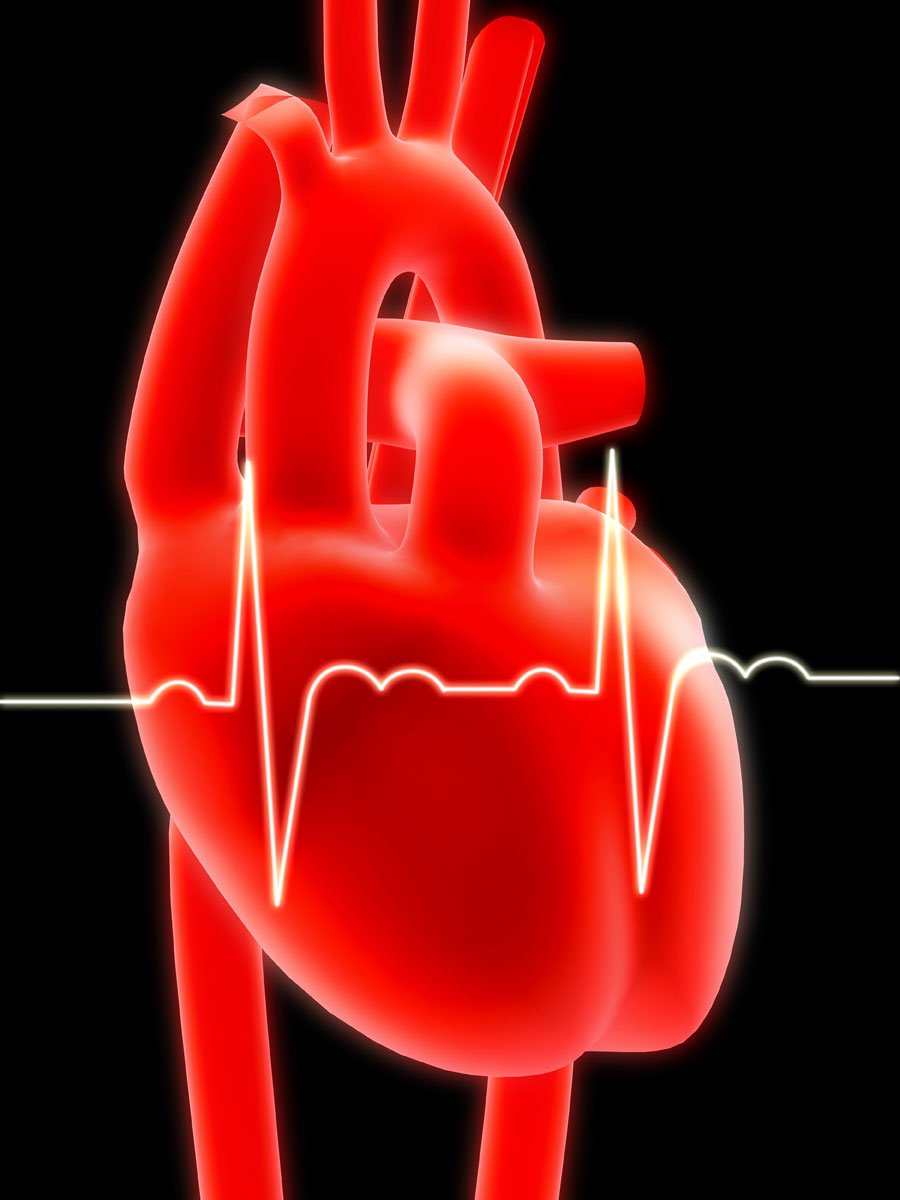
CSL to develop CSL112 with the goal of meeting the unmet medical need in acute coronary syndrome patients
Singapore: Infusions of a novel formulation of apolipoprotein A-I (apoA-I) - the main component of high-density lipoprotein (HDL) - rapidly increased the presence of key biomarkers associated with reverse cholesterol transport, a process by which cholesterol is removed from arteries and transported to the liver for clearance, according to data from a phase I study sponsored by CSL. Rapid removal of cholesterol following a heart attack may play a role in stabilizing vulnerable plaque lesions and lowering the high risk of subsequent attacks.
"In our study, CSL112 dramatically elevated measures of cholesterol efflux capacity, a newly recognized marker of HDL function, and rapidly raised blood levels of apoA-I," said Dr Andreas Gille, head of CSL's Clinical and Translational Science Strategy, and lead study author. "This is a very exciting early finding when viewed in the context of reducing the risk of recurrent heart attacks. We look forward to further developing CSL112 with the goal of meeting a significant unmet medical need in the acute coronary syndrome patient population."
Data from two CSL112 phase I studies presented at the American Heart Association meeting demonstrated a positive safety and pharmacokinetic (PK) profile for CSL112, warranting progression to phase II development. CSL112 will be studied for the early reduction of recurrent cardiovascular events in acute coronary syndrome (ACS) patients.




